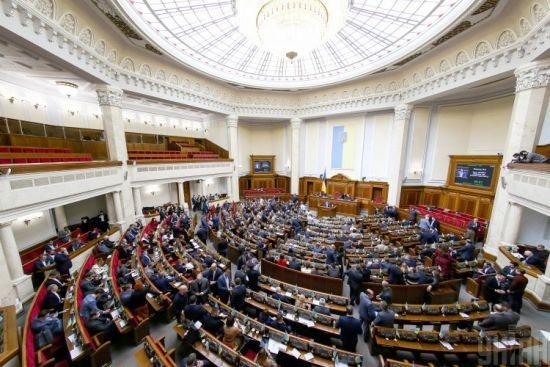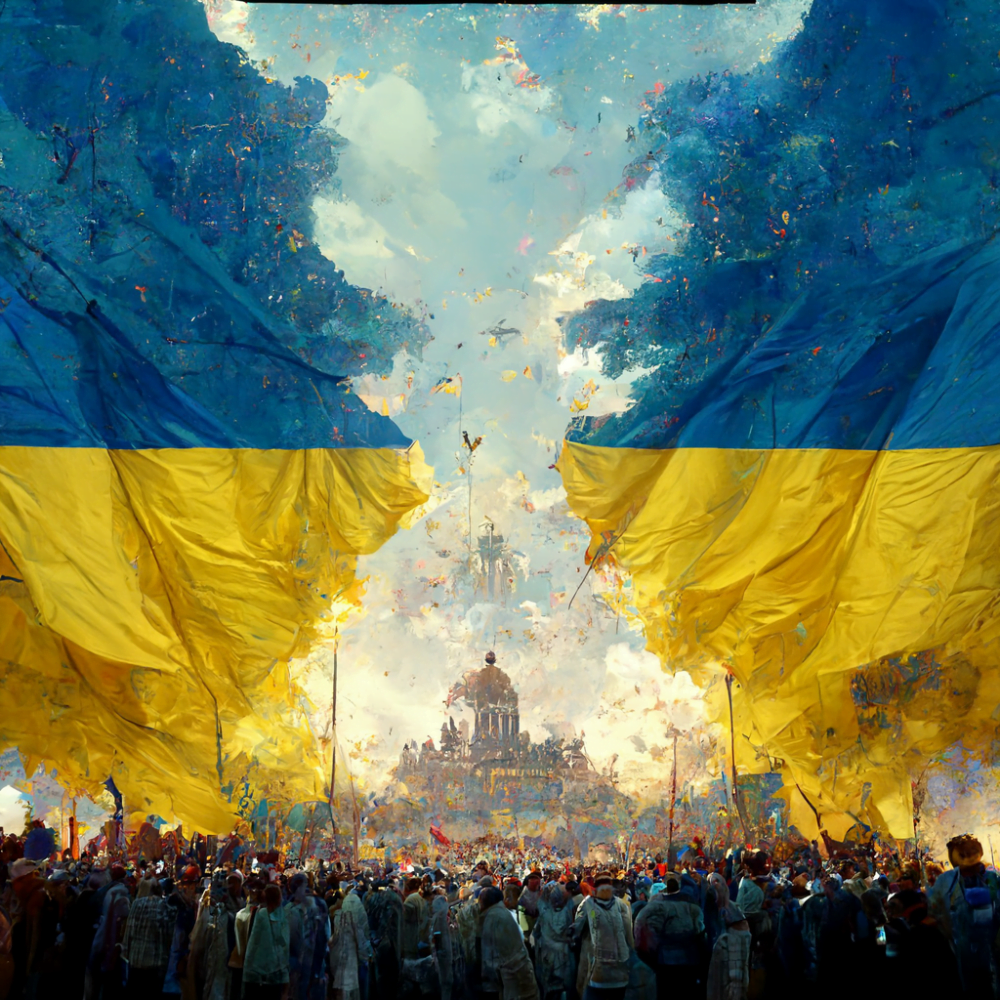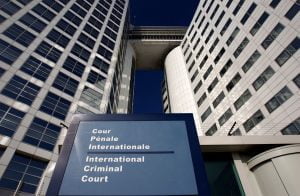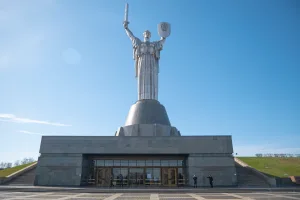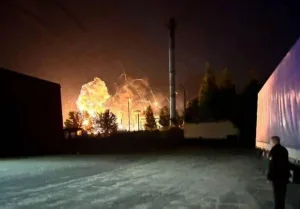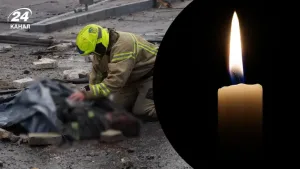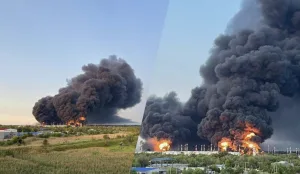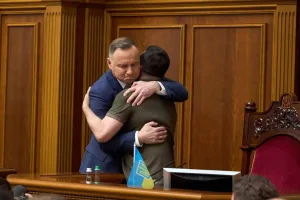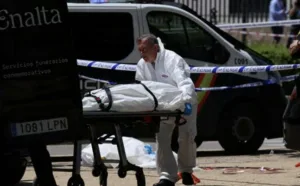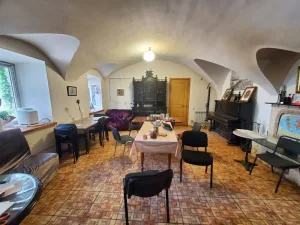Ukrainian deputies passed a law replacing criminal liability for top corruption with top fines: a disgrace for the president’s party.
Ukrainian soldiers are risking their lives to defend the country, while Ukrainian MPs instead of saving the soldiers, voted for a law to save the corruption.
Today, the Servant of the People faction in the Verkhovna Rada voted for Law 11340, which allows any corrupt individual caught taking a bribe to immediately buy their way out by making a deal with the investigation for a certain amount. After the deal is made, the investigation must be stopped, and investigators are prohibited from identifying other involved parties!
The bill creates conditions where those suspected of corruption, including crime organizers, can “buy off” severe punishment without revealing any accomplices or providing information about other crimes they know of.
On July 18, the Verkhovna Rada approved in the first reading bill No. 11340 regarding plea bargains in corruption cases. If the document is finally adopted, officials suspected of corruption will be able to make a deal with the investigation and simply “buy their way out” of prison by paying a fine.
The document proposes to supplement part three of Article 53 of the Criminal Code of Ukraine with provisions that provide for the imposition of a fine for corruption offenses as an additional punishment in the event of a plea bargain.
The corresponding agreement is approved by the court’s verdict.
Key changes proposed by the bill:
- Allow parties to a plea deal to agree on a fine even if it is not provided for in the article’s sanction.
- Allow parties to a plea deal to agree on imprisonment terms below the minimum limit if another person is exposed or damages are compensated. In such cases, the person cannot be released from serving the sentence and must serve it in full.
- Clearly define that a suspended sentence is possible when a plea deal is made. It also proposes extending the probation period to 6 years and increasing the imprisonment term that allows for suspended sentencing to 8 years (previously 5 years).
- Allow for property confiscation if a person is released from serving the main sentence due to probation.
- Allow plea deals in particularly serious crimes under NABU’s jurisdiction, provided full or partial damage compensation is made.
- Introduce the requirement for the head of the prosecutorial body to approve plea deals.
- Allow for amending the agreement until the court retires to the deliberation room and resubmitting it once if the grounds for refusal are eliminated.
Fines Structure:
- From 12,000 to 120,000 non-taxable minimum incomes of citizens (maximum fine: 2,040,000 UAH) for a criminal offense.
- From 121,000 to 1,200,000 non-taxable minimum incomes of citizens (maximum fine: 20,400,000 UAH) for a non-severe crime.
- From 1,201,000 to 6,000,000 non-taxable minimum incomes of citizens (maximum fine: 102,000,000 UAH) for a severe crime.
- From 6,001,000 to 20,000,000 non-taxable minimum incomes of citizens (maximum fine: 340,000,000 UAH) for a particularly severe crime.
As soon as NABU and SAP catch another Servant of the People taking a bribe, they can immediately make a deal, pay the fine, become innocent, and immune from prosecution. The investigation can no longer pursue details such as who shared the bribe, who provided protection, or who allowed it. Essentially, bribery investigations will be quickly limited to one deputy or civil servant!
All Western partners have opposed this law. Official opposition has also come from NABU detectives, SAP prosecutors, and the Verkhovna Rada’s Anti-Corruption Committee.
Bill No. 11340 has faced harsh criticism from some members of parliament who did not vote for it, state anti-corruption agencies, public and international anti-corruption organizations. The document allows officials suspected of corruption offenses to make a deal with the investigation and pay a fine for their offense, effectively allowing them to “legally buy their way out” of prison.
The National Anti-Corruption Bureau, the Specialized Anti-Corruption Prosecutor’s Office, and the parliamentary Anti-Corruption Policy Committee opposed this legislative initiative. The latter, in its conclusion, noted that the draft law contains a provision with a corruption factor.
“Conditions are being created under which suspects or defendants in corruption criminal offenses, including the organizers of such crimes, can buy off severe punishment without exposing any accomplices and without providing information about other crimes known to them, as provided by the current provision of Part 4 of Article 469 of the Criminal Procedure Code of Ukraine,” the committee’s conclusion states.
However, on July 17, the law enforcement committee of the Rada, chaired by MP Serhiy Ionushas from the Servant of the People party, suddenly and quietly considered the bill.
But today, by a majority vote of the Servant of the People faction, the bill was passed, with 231 deputies voting in favor.
Moreover, Speaker of the Verkhovna Rada Ruslan Stefanchuk suggested voting on the bill without any discussion.
Experts note that the draft law could become a “very risky story of legal buy-off for oligarchs and top officials.” This is especially concerning given that the Ukrainian parliament includes more than a dozen MPs who are on trial for corruption and would certainly prefer not to expose anyone.
There are no drones at the front, the state is not buying them, there are no fortifications, there is a shortage of ammunition, vehicles, personnel, and everything else. People are dying every day, many dozens of people.
Meanwhile, brazen scoundrels under the dome in Kyiv received orders from the office and are saving Zelensky and his party from criminal cases. At the same time, Zelensky is making speeches asking Western partners to give Ukraine more money.
Today, the Verkhovna Rada has truly betrayed national interests during the war and disgraced the state. Zelensky must reverse his party’s decision and immediately veto this shameful law.
Tags: corruption corruption in Ukraine Ukraine Ukraine government Verkhovna Rada
